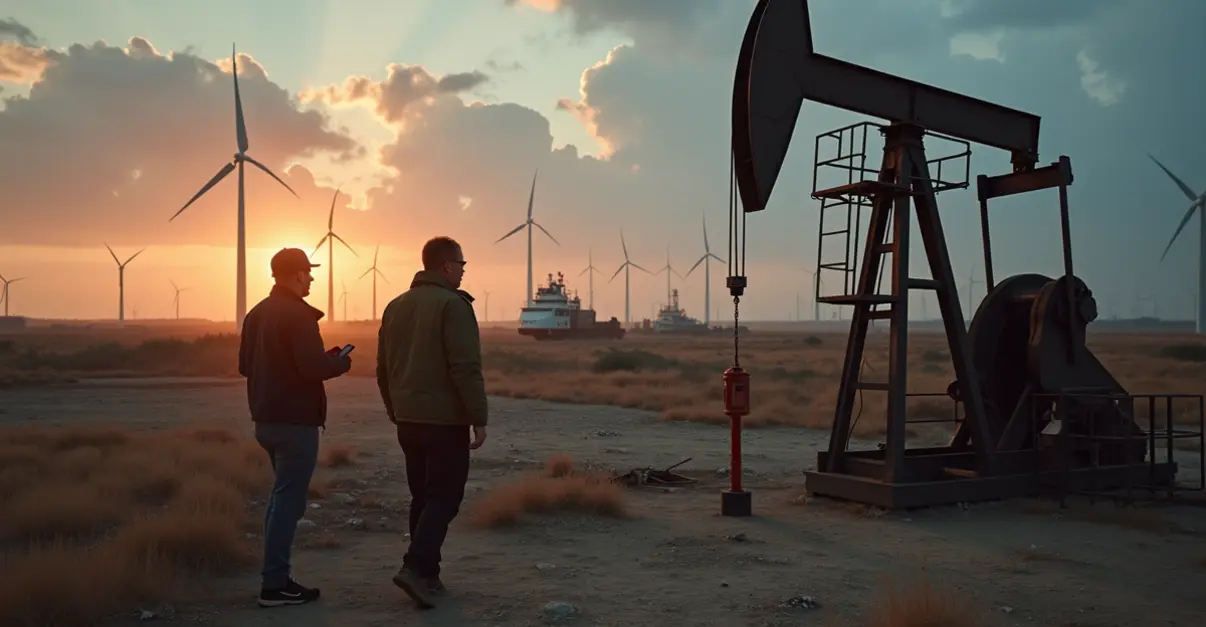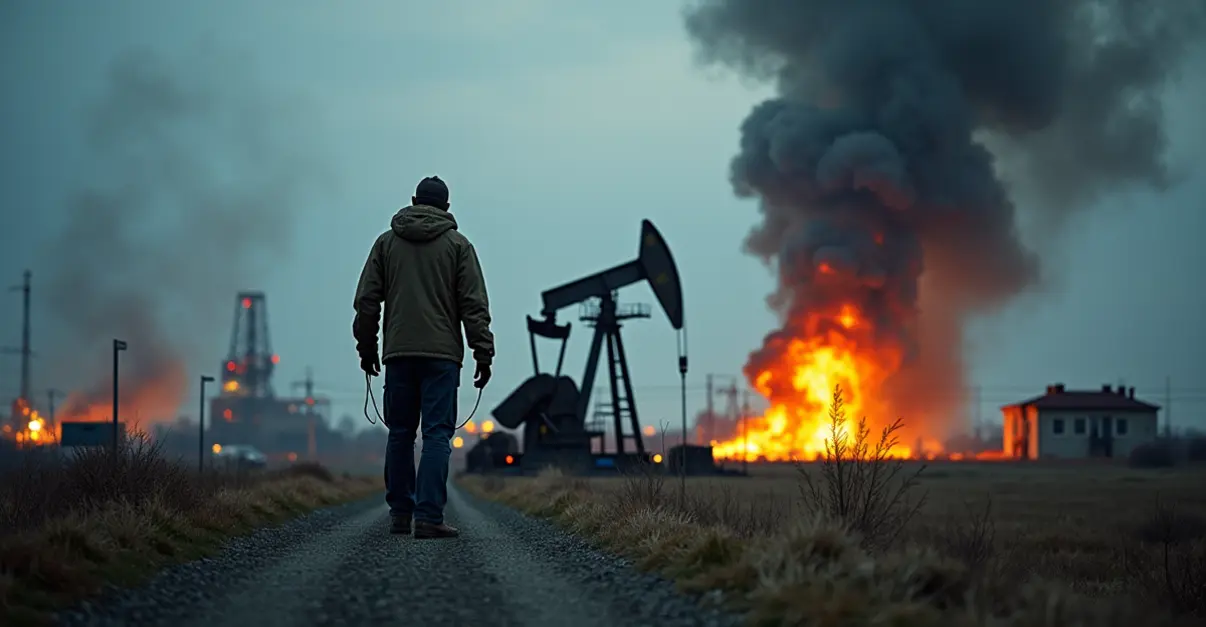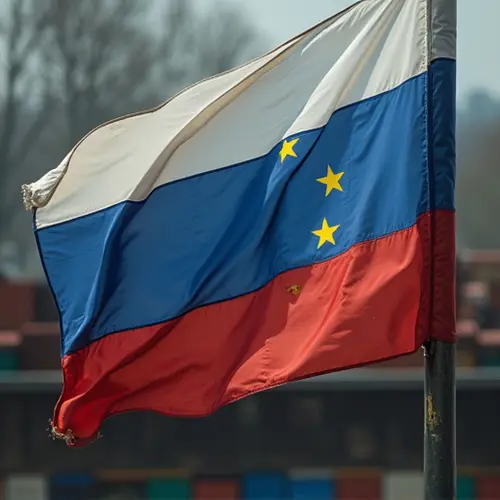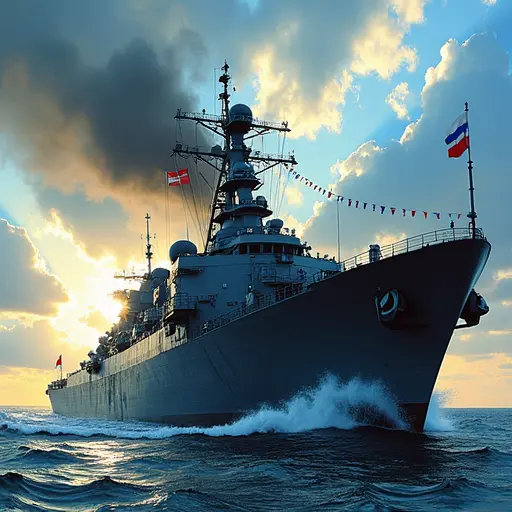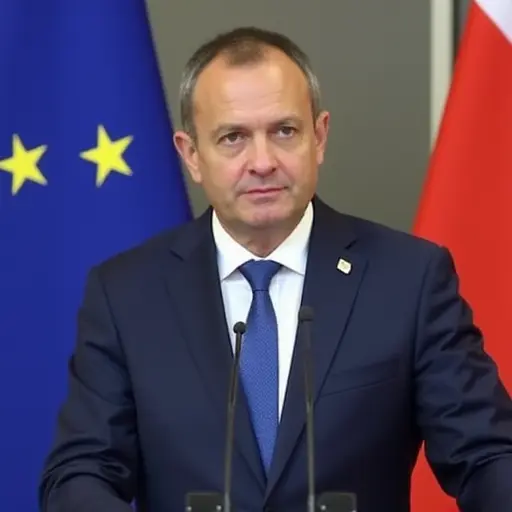US sanctions against Russian-owned NIS disrupt Serbian fuel stations, blocking card payments and oil supplies. President Vucic faces difficult choices between nationalization and maintaining relations with Moscow.
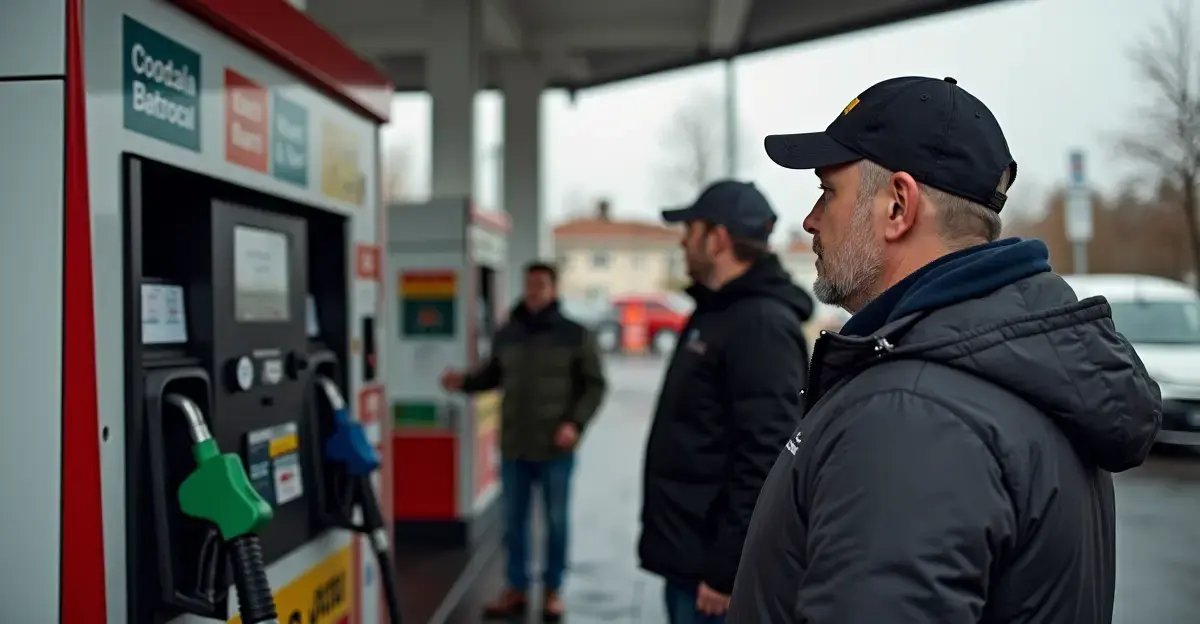
Sanctions Disrupt Serbia's Oil Supply Chain
American sanctions targeting Russian-controlled companies have created immediate disruptions at Serbian fuel stations, with payment systems failing and oil supplies being cut off. The sanctions against Naftna Industrija Srbije (NIS), Serbia's largest oil company, took effect on October 9, 2025, after months of delays and diplomatic efforts by Belgrade to secure exemptions.
Payment Problems at the Pump
Serbian drivers faced unexpected payment issues when attempting to fill their vehicles at NIS stations. 'Many people who filled their cars this morning were surprised when their bank cards didn't work at the checkout,' reported Thijs Kettenis, NOS correspondent for Southeast Europe. The payment terminals at NIS pumps now reject Mastercard, Visa, and American Express cards because these American companies can no longer do business with the sanctioned Serbian company. Customers can only pay using Serbia's domestic payment system or cash.
The sanctions had been looming over NIS since January 2025, but the company had received multiple extensions to find solutions. According to Al Jazeera, NIS confirmed it did not receive another extension from the US Treasury Department and is now working to get removed from the sanctions list.
Russian Ownership at the Core
The root of the problem lies in NIS's ownership structure. The state-owned company was privatized in 2008, with more than half coming under Russian control. Wikipedia data shows that Gazprom Neft currently holds 50% of NIS shares directly and indirectly, while the Serbian government retains about 30%. This Russian majority ownership triggered the American sanctions under US policy targeting Russian-controlled entities.
President Aleksandar Vucic had spent months trying to buy back shares from Gazprom to reduce Russian ownership below 50%, which would have lifted the sanctions. However, Gazprom refused to sell. The only remaining option would be nationalization - essentially expropriating the Russian owners - but Vucic has repeatedly rejected this approach. 'Nationalization may be the only way out, but it's the last thing I will do,' Vucic reiterated today.
Economic Stakes for Serbia
The situation carries significant economic consequences for Serbia. NIS represents one of the largest and most profitable companies in the country and serves as a crucial pillar of both the economy and state finances. The company operates Serbia's only oil refinery, located just outside the capital Belgrade, and runs approximately 330 fuel stations - by far the majority in the country.
Euronews reports that NIS employs over 5,000 people and contributes 11.9% to Serbia's state budget and 6.9% to GDP. The company's revenues cover 12% of the Serbian national budget, making its financial health critical to the country's economic stability.
Supply Chain Disruptions
The sanctions have already caused supply chain problems. Croatia stopped delivering oil through the only pipeline supplying NIS this morning, citing the same sanction concerns. NIS also operates fuel stations in neighboring Bosnia and Herzegovina, where customers can now only pay with cash.
While NIS assures that it can continue operating for some time with current reserves, long-term shortages and price increases appear inevitable if nothing changes. Vucic stated that the refinery can remain open until at least November 1, but expressed concern about potential job losses. 'I hope NIS won't have to lay off large numbers of people,' he said. Large-scale fuel imports as an alternative would be expensive, and the necessary infrastructure is lacking.
Geopolitical Balancing Act
The sanctions place President Vucic in a difficult geopolitical position. While he holds the key to resolving the situation through nationalization, this would certainly lead to major conflict with Moscow - something Vucic wants to avoid at all costs. Serbia is currently negotiating with Russia about cheap gas supplies - something that would likely end if Vucic were to seize NIS from Russian control.
Moreover, conflict with Russia would mean the end of Vucic's delicate geopolitical balancing act. He tries to maintain good relations with the European Union, with which Serbia is negotiating membership, while simultaneously maintaining friendly ties with Russian President Vladimir Putin. Serbia has therefore not participated in Western sanctions against Russia following the 2022 invasion of Ukraine.
This stance has been a thorn in Brussels' side, but the EU has so far refrained from putting too much pressure on Vucic, fearing it might push him directly into Putin's arms. Therefore, the pressure Vucic now faces from the NIS problems actually suits the EU's interests.
Vucic hasn't given up hope that Gazprom might still voluntarily sell part of its shares. 'We will talk with the Russians, because there's nothing more to discuss with the Americans,' he stated, indicating his continued preference for diplomatic solutions over confrontational measures.

 Nederlands
Nederlands
 English
English
 Deutsch
Deutsch
 Français
Français
 Español
Español
 Português
Português




